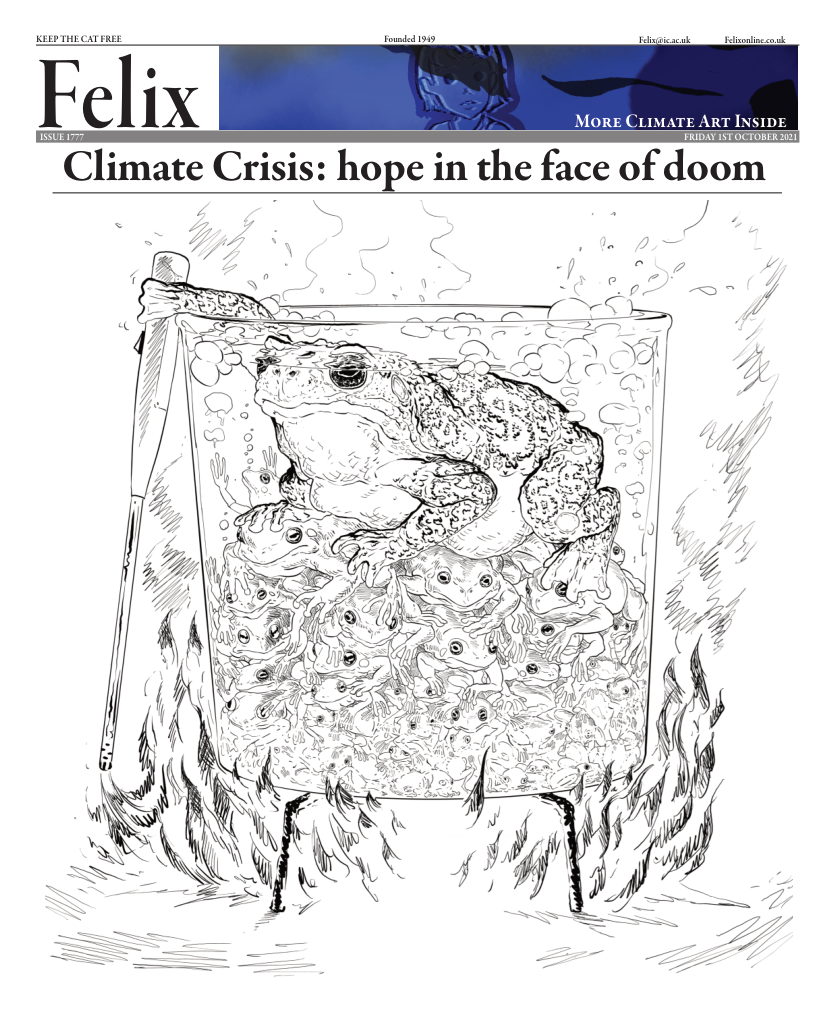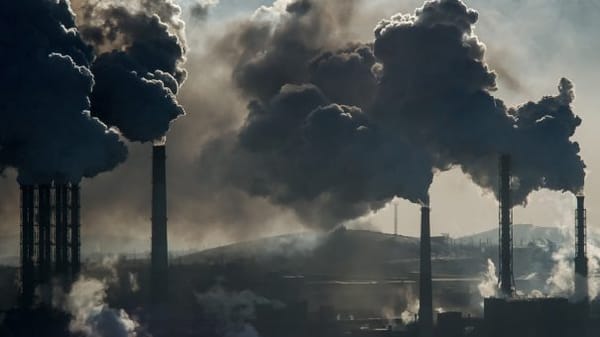The Science Museum and the Exploitation of Science - An Unlikely Duo
While some may be pleasantly surprised by Shell's involvement in climate change science, this was nothing but another attempt at greenwashing

On the 19th of May, the Science Museum opened the Our Future Planet exhibition - a showcase of carbon capture technologies, sponsored by oil and gas giant Shell. While some may be pleasantly surprised by Shell's involvement in climate change science, this was nothing but another attempt at greenwashing by another company responsible for the crisis we find ourselves in today.
The 2021 IPCC report made it strikingly clear that we are at a point of no return, and that it is “code red for humanity”. The report states that going back to 1970, global surface temperatures have risen faster than in any other 50-year period over the past 2,000 years, and the changes made to many of our planetary system are irreversible on timescales of centuries to even millennia. And yet, despite all the overwhelming evidence, climate science is still being used as a propaganda tool to prop up politicians and improve the public perception of major companies. In the run up to the 2020 US elections Joe Biden widely pledged to end fracking on federal land, and yet approvals for oil and gas on U.S. public lands are on pace this year to reach their highest level since the Bush administration. Biden's call to "trust the science" on climate change is another case in an epidemic of public figures using climate science as a method of creating a positive public perception without creating meaningful change. The UK claims to be a world leader in climate policy. Indeed, it set itself the most ambitious emission reduction target globally (a cut of 78% by 2035), but the policies enacted by the Tory government have shown an unwillingness to properly engage with the science they seem to promote. Massive roadbuilding plans, the HS2 trainline, and the expansion of Heathrow airport are just some of many large infrastructure projects that will lead to massively increased emissions. The failure of the UK government in blocking the first deep coalmine in three decades is a horrifying demonstration of all talk and no action climate politics.
In the past scientific development and policy went hand in hand - the space race was a massive propaganda tool for the USSR and the US, but the scientific achievements that came from that era cannot be disputed. In today’s world, the space race is led by companies such as Amazon and SpaceX in their quest to build commercial rockets. Their scientific achievements help hide a history of worker abuse and exploitation. Amazon’s inclinations are well-known – it was widely reported this year of Amazon delivery drivers having to urinate in bottles while driving due to harsh time constraints, and the working conditions for those in warehouses are not much better. SpaceX’s successful rocket program is overshowed by the philosophy of it’s owner Elon Musk, who would rather focus on colonising the stars rather than securing our climate first. Space exploration is an important field and should not be undermined, but Musk’s ambitions to create worker colonies on Mars – a place which would not be under any country’s control – would essentially create a new form of indentured slavery. Tesla is another company using the image of climate consciousness to promote its electric cars yet its investment in bitcoin, a cryptocurrency whose mining exceeded the yearly power consumption of Argentina as a whole, undercuts that image significantly. The issue at hand has never been the lack of scientific development but the misallocation of funds to impractical solutions (like carbon capture and hyperloops), and the unwillingness to earnestly engage in climate science and actually use its findings.
As a partner institution of the Science Museum, the Imperial College Union Council voted not to condemn the Shell Science Museum greenwashing. As a university which holds within its research arsenal the Grantham Institute for climate change, this is an appalling betrayal of our duty to science. Unfortunately, this is yet another example of Imperial’s refusal to divest from fossil fuels, and the Union’s apathy on the subject.
Scientific opinion has become a skeuomorph of what it once was. It is used under the guise of change to appeal to more progressive voters, but when the moment to take responsibility for the way capitalist exploitation left our planet arrives it is pushed into the background. A bastion of scientific achievement, the Science Museum is a place to promote the scientific method, and to provide a deeper insight into how the world really works. In a way, Shell’s exhibition did just that.









